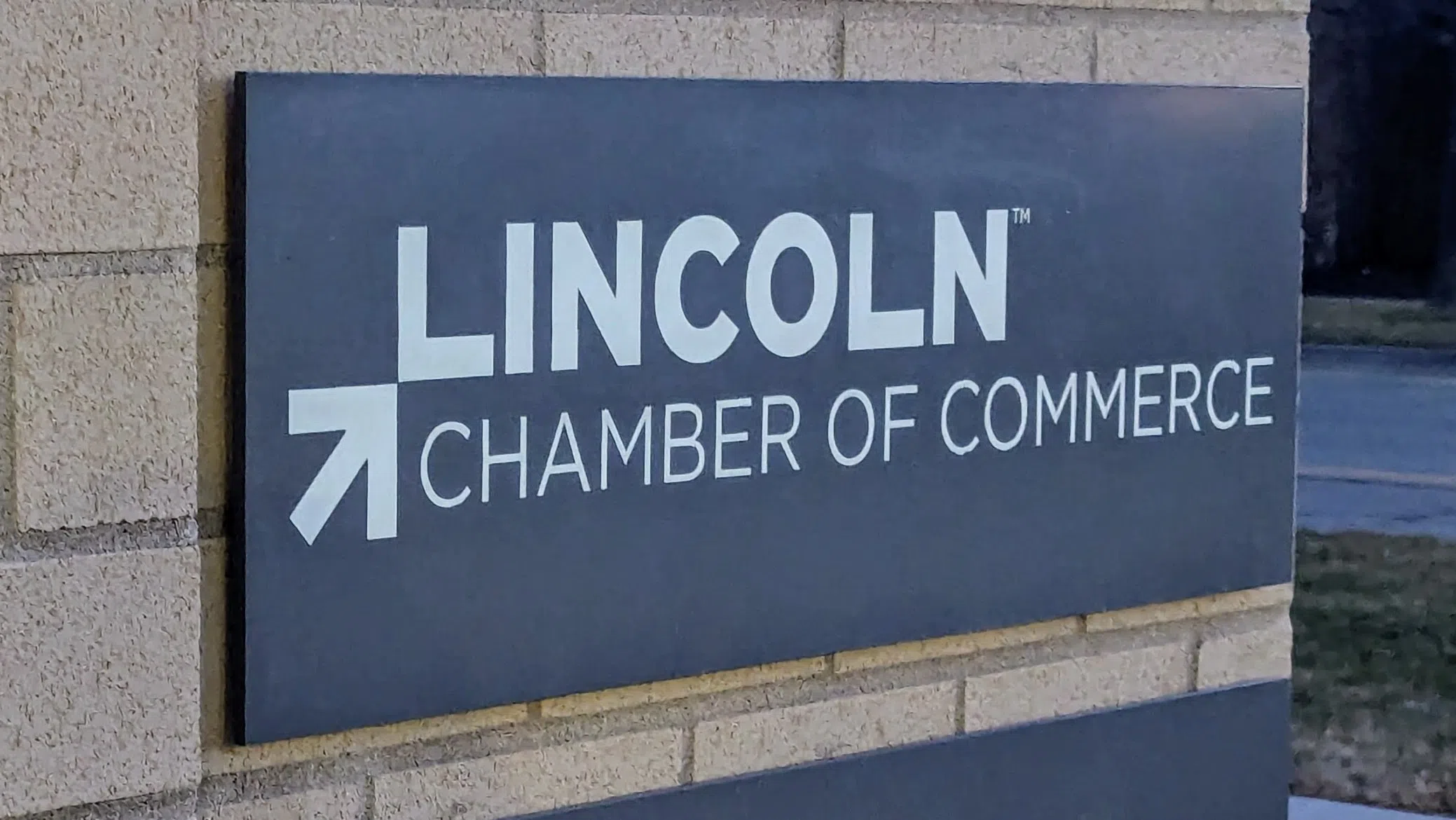As Nebraska lawmakers return from an extended Easter weekend and resume debate on property tax relief legislation, the Lincoln Chamber of Commerce (LCOC) is sounding the alarm on Governor Jim Pillen’s proposal to shift the burden by raising state sales taxes as part of the plan.
The state-wide Nebraska Chamber of Commerce issued a joint chamber statement in opposition to the bill, LB 388 — which would effectuate up to a 1-cent state sales tax increase, new taxes on “soda and candy,” lottery tickets, veterinary pet bills, and bump up existing taxes on cigarettes, vape products, and consumable hemp products — as first round of debate began on Wednesday.
“Implementing taxes on one group to alleviate the burden on another is not good public policy,” said the letter cosigned by the Nebraska, Lincoln, Kearney, Grand Island, and Washington County Chambers of Commerce.
LCOC President Jason Ball, who previously panned the proposal on KLIN’s airways, told us he appreciated that the Legislature’s Revenue Committee decision to pause debate on Wednesday amid filibustering efforts, tabling the bill for more discussion over the holiday weekend, and recommitting the bill to Revenue to correct some drafting errors.
“Any time you move from a local tax resource to a statewide tax resource, inherently in that system you are going to impact different geographies, different communities, different industries and different people in ways that it creates winners and losers,” said Ball, giving credit to Former Nebraska Governor and current U.S. Senator Pete Ricketts, citing recent comments he made to press “We ought to be looking for tax policy that relieves the tax burden on everybody rather than shifting it from one person to another person.”
Nebraska Examiner reports that current state property taxes statewide generate about $5.3 billion in revenue a year, compared to about $2.4 billion in sales taxes and $3.6 billion in income taxes. Opponents in the Unicameral have expressed concerns about a sales tax hike specifically hurting low-to-middle income Nebraskans, as sale taxes are applied evenly regardless of income level.
Aside from the regressive nature, Balls says the Chamber’s focus is more broad.
“Is it really appropriate for high population areas, through higher sales tax yields, to be funding government and services in the rest of the state in the way that this bill is asking us to?” Ball asked lawmakers.
Programs like ‘Lincoln on the Move,’ a voter approved quarter cent sales tax bump used to fund street maintenance in Lincoln, could be less appealing to when it comes up for renewal next year, worries Ball.
“I really struggle to understand how any of the Lincoln-Lancaster county delegation can support a bill that, in impact, helps other communities fund government and build their streets and roads, but is likely to threaten our ability to fund streets and roads here in Lincoln,” he said.
With fair property tax relief vexing lawmakers, Ball says general economic growth has been “very successful” with in the past five years in generating state funds to reduce property tax burdens.
“For months the Chamber has been advocating to focus on growing the economy of the entire state, and using the extra tax dollars that come through growth, to fund property tax relief… it is a pro business, pro growth approach, rather than shifting costs from one group of people onto another group of people,” offered Ball.
Property valuations also must be addressed, says Ball.”If we pass this bill as is, we’re going to be right back in the same type of painful property tax situation 10, 20 years down the road,” he said.
Ball concluded with an anecdote, saying while shopping locally for shoes last week, the store owner expressed concerns that a sales tax hike could drive potential customers to online stores.
Lawmakers are set to reconvene debate on LB 388 first thing Tuesday morning, with only eight working days remaining in 2024’s 60-day legislative session.





